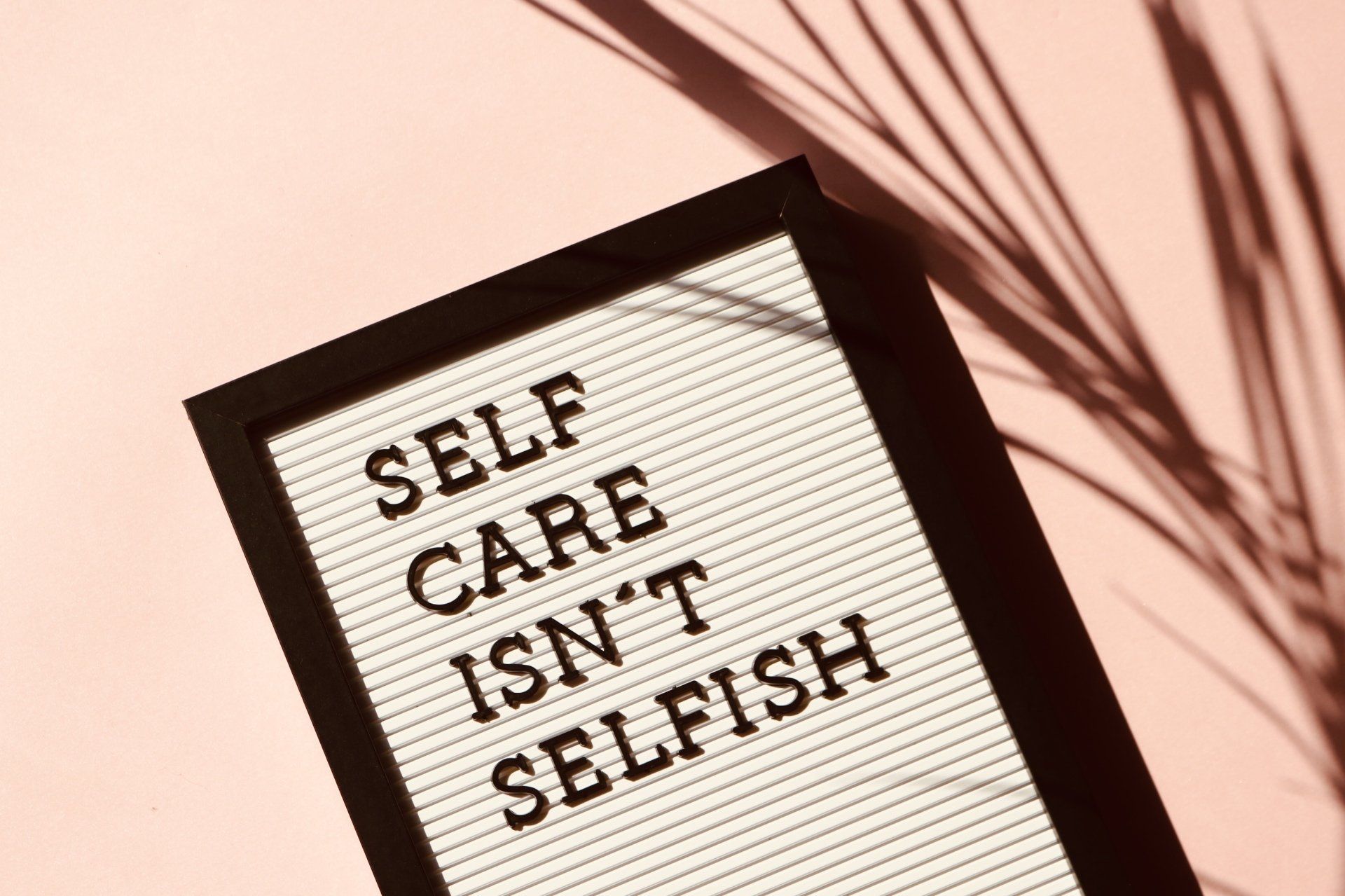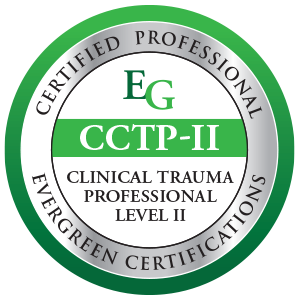Counseling and psychotherapy for adolescents and adults.
Counseling and psychotherapy for adolescents and adults.
Overcoming a Panic Attack
Strategies to Overcome a Panic Attack
Experiencing a panic attack can be incredibly frightening and overwhelming. The sudden onset of intense fear, coupled with physical symptoms like a racing heart, shortness of breath, and dizziness, can make you feel out of control. As an LMHC, I've worked with many individuals who have faced these debilitating moments. Here are some strategies to help you overcome a panic attack:
Understanding Panic Attacks
First, it’s important to understand what a panic attack is. A panic attack is a sudden episode of intense fear that triggers severe physical reactions when there is no real danger or apparent cause. While panic attacks themselves aren't life-threatening, they can significantly impact your quality of life. Recognizing that you are experiencing a panic attack can be the first step in managing it.
Immediate Coping Strategies
- Grounding Techniques:
- 5-4-3-2-1 Technique: Identify 5 things you can see, 4 things you can touch, 3 things you can hear, 2 things you can smell, and 1 thing you can taste. This technique helps divert your mind from panic and anchors you in the present moment.
- Focus on Your Surroundings: Look around and name objects or colors in your environment. This helps shift your attention from internal fear to the external world.
2. Breathing Exercises:
- Deep Breathing: Inhale slowly through your nose for a count of 4, hold for a count of 4, and exhale slowly through your mouth for a count of 4. Repeat this cycle until you feel calmer.
- Belly Breathing: Place one hand on your chest and the other on your abdomen. Breathe in deeply through your nose, ensuring your abdomen rises more than your chest. Exhale through your mouth. This promotes relaxation by engaging the diaphragm.
3. Positive Affirmations:
- Remind yourself that you are safe and that the panic attack will pass. Phrases like "This too shall pass," or "I am in control" can help reduce the intensity of the panic.
Long-term Strategies
1. Cognitive Behavioral Therapy (CBT):
- CBT can help you identify and challenge the negative thought patterns that contribute to panic attacks. Working with a therapist, you can develop healthier ways of thinking and coping.
2. Mindfulness and Meditation:
- Regular practice of mindfulness and meditation can help reduce overall anxiety and prevent panic attacks. Techniques like progressive muscle relaxation and guided imagery can be particularly effective.
3. Lifestyle Changes:
- Regular Exercise: Physical activity can help reduce anxiety and improve mood.
- Healthy Diet: Eating a balanced diet and avoiding caffeine, alcohol, and sugar can help stabilize your mood.
- Adequate Sleep: Ensuring you get enough rest is crucial for managing stress and anxiety.
4. Support System:
- Reach out to friends, family, or support groups. Sharing your experiences and feeling understood can significantly alleviate feelings of isolation and fear.
When to Seek Professional Help
If panic attacks become frequent or severe, it’s important to seek professional help. As an LMHC, I can work with you to develop a personalized plan to manage and overcome panic attacks. Therapy, combined with the right coping strategies, can help you regain control and improve your quality of life.
Remember, overcoming a panic attack is a process. Be patient with yourself and take it one step at a time. With the right strategies and support, you can navigate through panic and find peace.
---
If you found this blog post helpful and would like to learn more about managing anxiety and panic attacks, feel free to reach out. I'm here to help you on your journey to mental wellness.







